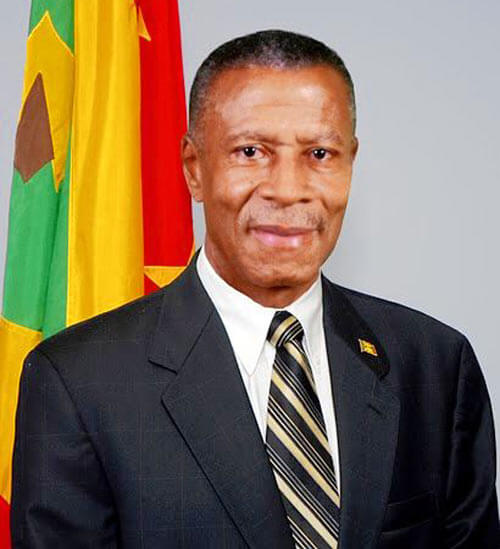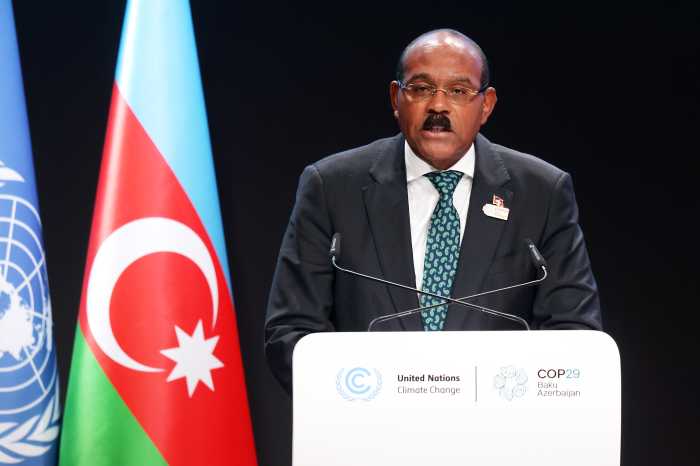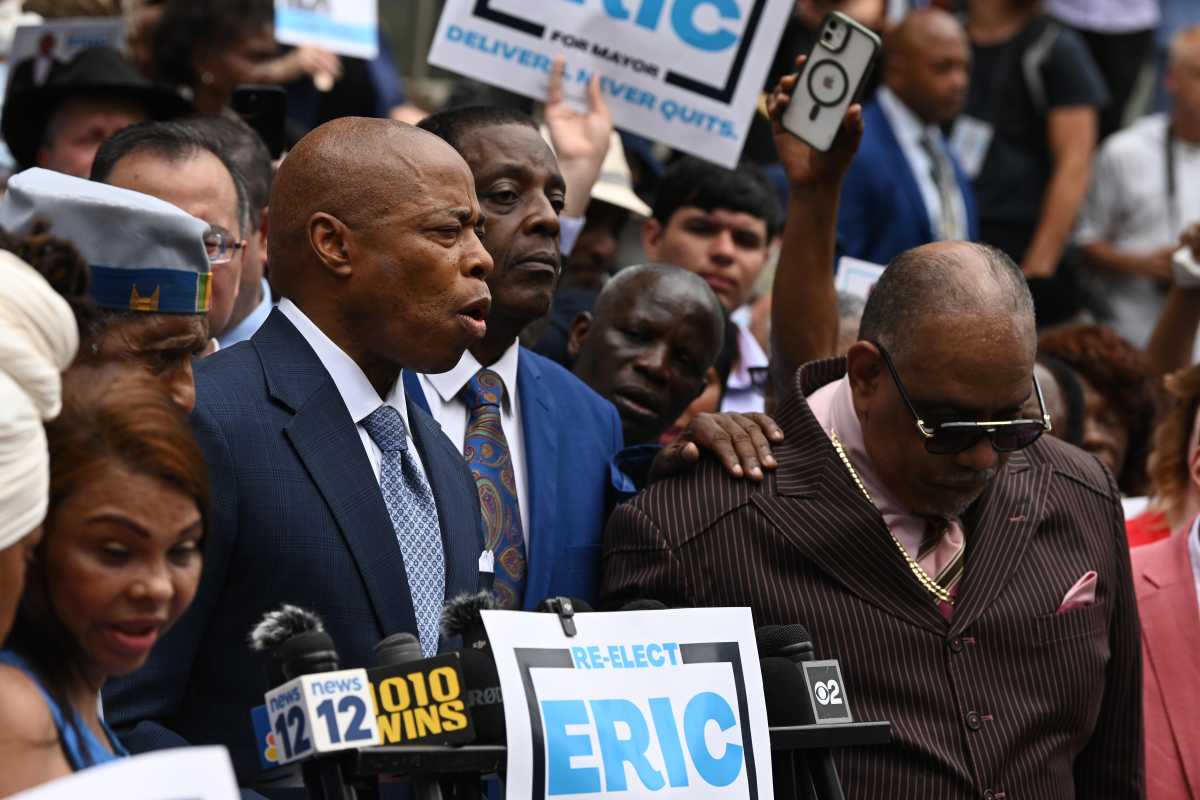Grenada Prime Minister Tillman Thomas on Tuesday night, May 15, survived a vote of no confidence during a marathon debate in the House of Representatives.
Most government parliamentarians voted along party lines, denying the main opposition New National Party (NNP) of the four votes needed for the motion’s success.
After a robust, 13-hour debate, the motion was defeated eight votes to five, with one abstention and one absentee.
Backbencher Michael Church was the only government MP to support the motion, which called for the dissolution of Parliament and fresh general elections.
But one government lawmaker sided with the opposition; while Foreign Minister Karl Hood abstained from the vote while supporting the motion “in principle”; and another minister was absent, mourning her husband’s death.
“It is very clear what we have been seeing that we are facing a very dysfunctional government that lacks leadership and direction,” said Dr Keith Mitchell, leader of the NNP and a former prime minister, who tabled a motion of no confidence against Thomas.
“We would be abdicating our responsibility as leaders of this country in the opposition if we fail to bring to light the plight of the people in this dismal situation of governance that we are now facing,” added Mitchell, a three-term prime minister, whose 2008 election loss elevated the veteran politician Thomas to lead the government for the first time.
Mitchell’s NNP, which holds four of the 15 seats in the House of Representatives, needed support from at least four government MPs for the no-confidence motion to succeed.
Speculation had shifted that those from the government benches, who had fallen out of favor with the Thomas administration, was most likely to support the motion.
They included former Foreign Affairs and Tourism Minister Peter David, who resigned last month after Information Minister Glen Noel named him among ministers allegedly seeking to remove Thomas.
Also reportedly out of favor is Joseph Gilbert, the environment minister, who was fired from the Cabinet earlier this year for promising American investors a casino license.
Michael Church had quit Thomas’s cabinet in 2010 after he was demoted.
Infighting in the incumbent NDC prompted the party chairman, a group of elders and Cabinet members to accuse Thomas of dividing his own party.
But, at least one minister, Sylvester Quarless, who holds the social affairs portfolio, had publicly stated his intention to vote against the motion.
“I am an NDC, and I will stick with my party and with the prime minister and so on. That’s where it is,” said Quarless, MP for the rural St.Andrew’s Southwest, whom Noel also alleged was among those plotting to remove Thomas.
“There is no question as to which way I would vote. I haven’t even given it a second thought. I will be in parliament, and I will be on the side of my government,” Quarless added.
A recent poll conducted by regional pollster Peter Wickham indicated that the NDC would not win the next election under Thomas’s leadership.
Wickham said the rank-and-file membership of the NDC has lost confidence in their leader and that he should step down to avoid a humiliating exit from the political arena.
But Thomas insisted that his government was intact, adding that he was not worried about political uncertainties.
“If anything happens this is a democratic society,” he said before the no confidence vote.
“There are processes and procedures we have to follow, based on what develops,” he added. “So I don’t think I have anything to worry about.”



























